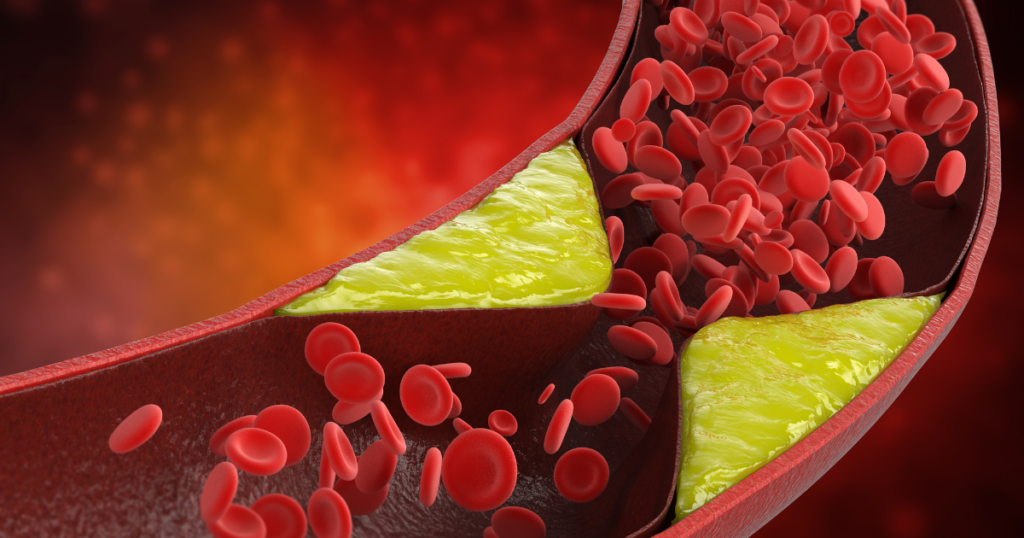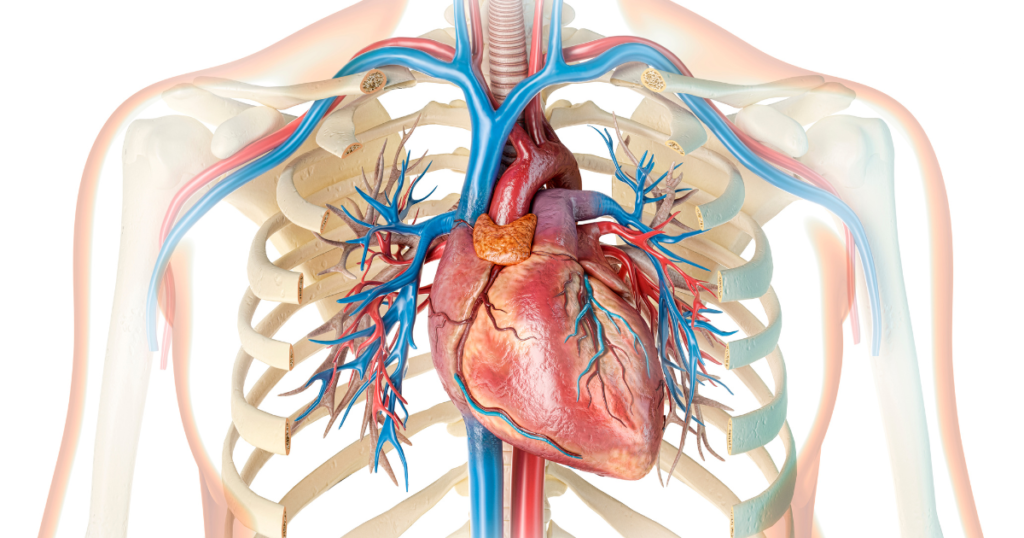Introduction:
Congestive heart failure, or CHF, is a serious condition affecting millions worldwide. It hinders the heart’s ability to pump enough blood to meet the body’s needs, leading to fluid accumulation in various body parts. Congestive heart failure can be caused by factors such as coronary artery disease and high blood pressure, significantly impacting quality of life.

In this blog post, we will delve into the causes, symptoms, and treatment options for Congestive heart failure. Whether you or a loved one struggles with this condition, understanding its effects and management can help promote a healthy and fulfilling life.
Causes of Congestive Heart Failure
Congestive heart failure results from a complex interplay of various factors that require medical evaluation. Common causes of Congestive heart failure include:
- Coronary artery disease: Arteries supplying blood to the heart narrow or block due to plaque buildup. The heart’s oxygen and nutrient supply is compromised, leading to gradual damage and weakness.

- High blood pressure: Prolonged high blood pressure damages the heart and blood vessels, reducing its ability to pump blood effectively.

- Diabetes: People with diabetes have a higher risk of developing Congestive heart failure due to the impact of elevated blood sugar levels on the heart and blood vessels.

- Heart valve problems: Damaged or dysfunctional heart valves can contribute to Congestive heart failure.

Symptoms of Congestive Heart Failure
Symptoms of Congestive heart failure vary in severity and underlying causes. Common symptoms include:
- Shortness of breath or difficulty breathing, particularly during physical activity

- Swelling in the legs, ankles, or feet

- Fatigue or weakness

- Increased heart rate or palpitations

- Persistent cough or wheezing

- Loss of appetite or nausea

- Trouble sleeping due to breathlessness or coughing

If you experience any of these symptoms, it’s vital to consult a doctor promptly for proper evaluation and treatment planning.
Related blog learn more about Rheumatoid Arthritis!

6 thoughts on “Congestive Heart Failure”